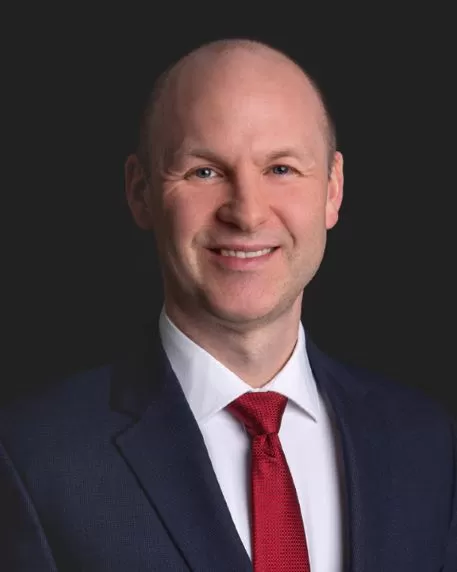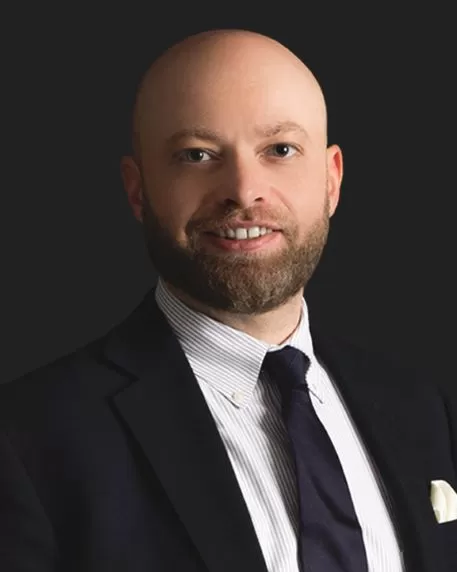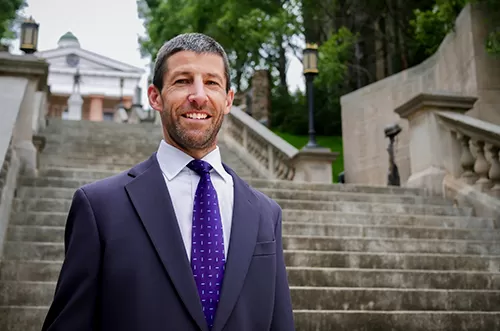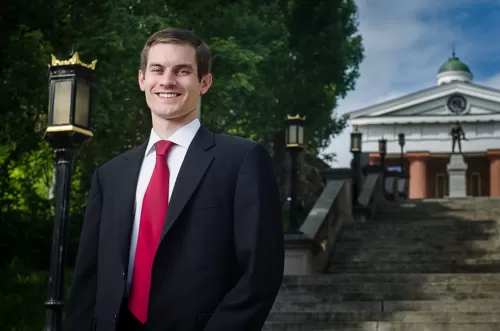Phillips v. Commonwealth, 2022 Va. App. LEXIS 5, 2022 WL 97156 (Va. Ct. App. Jan. 11, 2022)
In 2018, Joyce Cook contacted John Michael Phillips and asked if he was still contracting. Phillips said “yes,” but he did not have a valid contractor’s license. Cook and Phillips then entered into a $5,000 contract for construction on Cook’s home for labor, with Cook buying all the materials needed for the project, half the money being paid up front, and the other half being paid upon completion of the work. Cook paid Phillips $2,500 on August 24, 2018. Two weeks later, the required materials were purchased and delivered. A month after the materials were delivered, Phillips began work. On October 20, 2018, Phillips requested an additional $2,000 from Cook for more building materials. Cook gave Phillips $1,100. On November 7, 2018, Phillips requested another $2,000 from Cook for building materials. In response, Cooks and Phillips signed a second contract that provided for $1,700 to be paid in advance for materials and an additional $1,000 for labor to be paid when the job was complete. Following this agreement, Phillips purportedly bought the needed materials, but Cook never saw or received all of the materials. Phillips failed to complete the contract work, the work he did perform was defective, he did not deliver the unused building materials to Cook’s house, and he did not reimburse Cook for the materials not used. Phillips did not possess a contractor’s license at any time. Phillips was indicted for one felony charge of obtaining money by false pretenses and one misdemeanor of practicing a profession without a license. The trial court found that Phillips had defrauded Cook, but there was insufficient evidence to establish that he had fraudulently taken over $500, so it found Phillips guilty of misdemeanor larceny in violation of Virginia Code § 18.2-178. Phillips appealed the trial court’s ruling as to obtaining money by false pretenses.
The Court affirmed the trial court’s judgment that Phillips had the requisite intent to defraud the Cooks. To sustain a conviction for larceny by false pretenses, the Commonwealth must prove: (1) an intent to defraud; (2) an actual fraud; (3) use of false pretenses for the purpose of perpetrating the fraud; and (4) accomplishment of the fraud by means of the false pretenses used for the purpose, that is, the false pretenses to some degree must have induced the owner to part with his property. Phillips only challenged the trial court’s judgment on the first element. The question is whether the intent to defraud existed at the time the act was committed. Merely showing that the accused knowingly stated what was false is not sufficient; there must also be proof that his intent was to defraud and that the fraudulent intent existed at the time of the false pretenses were made. Circumstantial evidence is practically the only method of proof for establishing intent. In order to determine intent, the conduct and representation of the accused must be examined. Phillips purportedly bought materials to complete the project, but the materials were not delivered to Cook’s home and Cook was never reimbursed. Phillips worked once or twice on the project and then stopped altogether. Phillips failed to communicate why the work stopped, but he kept the money. It is reasonable to infer that Phillips told Cook they needed additional materials to get payment from them, even though he never intended to deliver the materials. This evidence supported the trial court’s finding.





